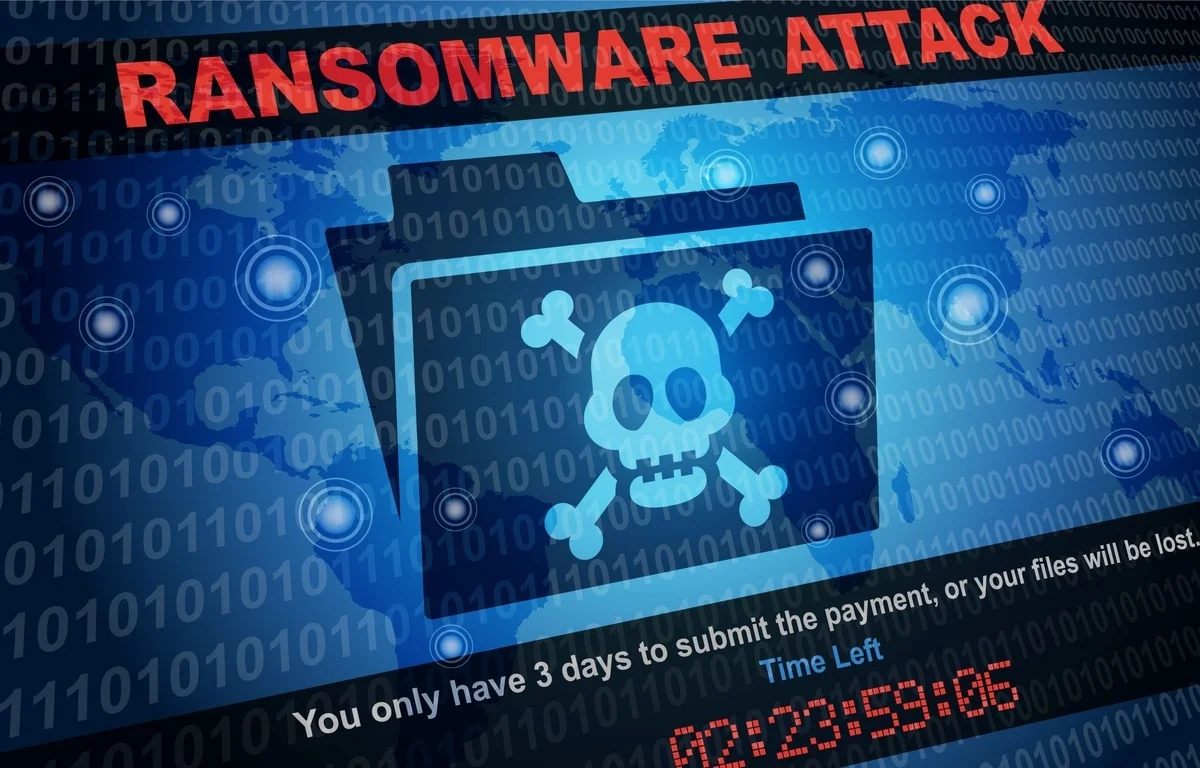In a brazen revelation that sent shockwaves through the financial sector, the BlackCat/Alpha ransomware group has claimed responsibility for the high-profile cyberattacks on LoanDepot and Prudential Financial. This announcement has put the spotlight back on the ever-evolving threat landscape in the digital age, where data breaches and cyber extortions have become alarmingly commonplace.

The BlackCat Predicament: A Digital Era’s Nemesis
The BlackCat ransomware group, also known by the moniker Alphv, has emerged from the shadows to assert its dominance in the cybercriminal underworld. With a notorious track record, this cyber gang has disrupted the operations of two financial behemoths, sending a clear message: no one is safe.
LoanDepot, a leading figure in the mortgage and non-mortgage lending sector, along with Prudential Financial, a titan in insurance, retirement, and investment services, found themselves ensnared by BlackCat’s digital web. The attacks revealed on the group’s leak website on February 16, underscore the vulnerability of even the most fortified institutions.
A Ransom Refused: The Unyielding Stance of Financial Giants LoanDepot and Prudential
Despite the looming threat of having their data sold or leaked, both LoanDepot and Prudential Financial stood their ground, refusing to yield to the ransom demands. This act of defiance, however, does not erase the chilling reality of the situation.
For LoanDepot, the January attack was a harsh blow, compromising the personal information of 16.6 million individuals—a stark reminder of the tangible consequences of digital intrusions. Prudential Financial’s ordeal, while shrouded in slightly more mystery, was no less serious. The attackers managed to infiltrate systems, accessing critical administrative and user data.
Although the firm has assured that no customer or client data was stolen, the breach’s mere possibility is a sobering thought.

BlackCat’s Bold Declarations: A Threat Unabated
In a defiant post on its new leak website, BlackCat professed to maintain access to Prudential’s systems, hinting at the potential sale or gratuitous release of the data “so journalists can investigate financial wrongdoing.”
This audacious statement not only highlights the group’s intent to wreak havoc but also its cunning use of public interest to manipulate narratives.
#BlackCat / #ALPHV Claims #Attack on Trans-Northern Pipelines
The consequences of failing to defend #Linux systems could prove catastrophic, but we can reduce risk of a major disruption by preparing now…https://t.co/jZ2F1ZzMTE#cybersecurity #infosec #security #ransomware pic.twitter.com/KsZ05fuGEp
— HalcyonAI (@HalcyonAi) February 20, 2024
The Long Arm of the Law: A Counteroffensive Emerges
In late 2023, law enforcement agencies launched a targeted operation against BlackCat, seizing its main leak website and offering a glimmer of hope in the fight against ransomware. The US government’s subsequent release of a decryption tool was a critical step in aiding affected organizations to recover without succumbing to the cybercriminals’ demands.
Further tightening the noose, the US has announced a bounty of up to $10 million for information leading to the identification of the group’s leaders, with an additional $5 million for intel on affiliates. This move signifies a robust counteroffensive against the ransomware epidemic, seeking to dismantle the networks that perpetuate these cyber threats.

Supply Chain & 3rd Party Risk Summit: A Call to Arms
In the aftermath of the BlackCat revelations, the imperative for a unified front against cyber threats has never been clearer. The upcoming Supply Chain & 3rd Party Risk Summit serves as a critical juncture for industry leaders to consolidate their defenses, share knowledge, and fortify their systems against the digital dangers that lurk in the cyber shadows.










